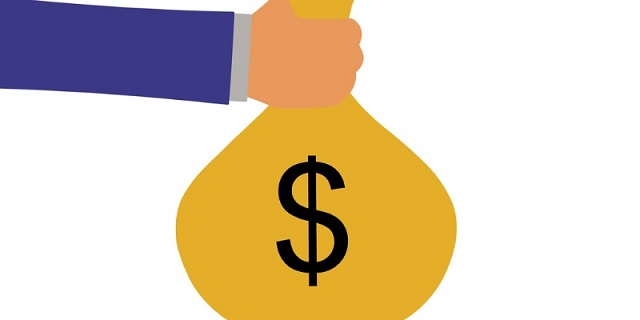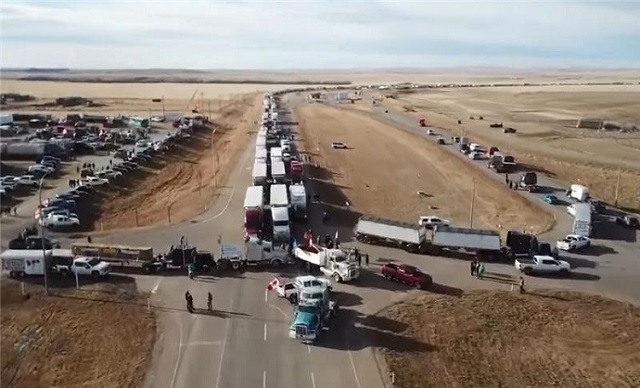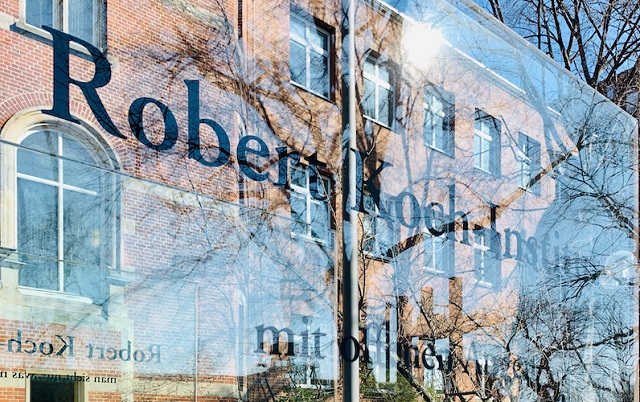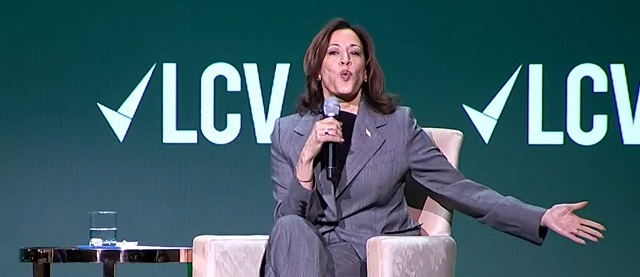Alberta
Edmonton to host “Road to the JUNOS Concert Series” leading up to Juno Awards week

From Explore Edmonton
Road to The JUNOS Concert Series Builds Excitement to JUNO Week.
Access and Diversity Key for Fans and Artists.
The JUNOS 2023 Host Committee is excited to announce an Edmonton-based concert series, titled Road to The JUNOS, as a lead-up to The 52nd Annual JUNO Awards Broadcast and JUNO Week from March 9-13.
The concert series will be set in small, intimate venues around Edmonton and feature local and regional artists who one day may end up on the JUNOS stage. Road to The JUNOS is a collaboration between the JUNOS 2023 Edmonton Host Committee, CBC Music and Explore Edmonton. It aims to provide excitement and create momentum leading into Canada’s biggest celebration of music.
The 10-show concert series will run from Monday, February 6 through Tuesday, February 28 at local venues in Edmonton. Of note, the artists playing these events come from a wide variety of backgrounds and genres and offer an opportunity to see some of Canada’s newest and most exciting talent. Fans can be a part of an intimate JUNOS concert with an affordable advance ticket price of only $10.

Road to The JUNOS is possible thanks in part to federal funding through PrairiesCan’s Tourism Relief Fund. This Fund is positioning Canada as a destination of choice for domestic and international travel. PrairiesCan administers the Fund in Alberta.
“Edmonton is a vibrant and dynamic cultural hub and our government’s support for Road to The JUNOS will bring that experience to visitors from across Canada and around the globe. Through the Tourism Relief Fund and our partnership with organizations such as Explore Edmonton, communities across Canada will capitalize on the jobs and economic activity generated through Edmonton’s growing tourism industry.”
– The Honourable Dan Vandal, Minister for PrairiesCan
“Road to The JUNOS is an important step in positioning Edmonton as an all-season destination and celebrating our community’s business and arts districts. I’m proud to see our government supporting Edmonton to build on its leadership in arts and culture while strengthening local tourism activity that benefits businesses in our city.”
– The Honourable Randy Boissonnault, Minister of Tourism and Associate Minister of Finance
“Road to The JUNOS is an exciting opportunity to grow Alberta’s music industry, showcasing local talent to visitors from all parts of Canada. The Alberta government is proud to support this series of concerts that features Alberta’s talent on stage as well as the venues, promoters and other music professionals.”
– The Honourable Jason Luan, Alberta Minister of Culture
“Canada has a long history of producing exceptionally talented musicians. The Road to The JUNOS concert series hopes to help give a platform to some of our up-and-coming artists and audiences a chance to say ‘we saw them when’.”
– Aimée Hill, co-chair, 2023 Host Committee
“Explore Edmonton is proud to support The JUNO Awards in March and we are delighted to be a part of this grassroots concert series. Promoting our local music venues, supporting talented Canadian musicians, and giving Edmontonians quality music experiences at an affordable price is such an important piece to the whole JUNOS experience. And we get to show off a little for the rest of Canada!”
– Traci Bednard, CEO of Explore Edmonton
The JUNOS Experience starts here. For more information and to buy tickets, visit: https://edmonton.junoawards.
Alberta
Alberta awash in corporate welfare

From the Fraser Institute
By Matthew Lau
To understand Ottawa’s negative impact on Alberta’s economy and living standards, juxtapose two recent pieces of data.
First, in July the Trudeau government made three separate “economic development” spending announcements in Alberta, totalling more than $80 million and affecting 37 different projects related to the “green economy,” clean technology and agriculture. And second, as noted in a new essay by Fraser Institute senior fellow Kenneth Green, inflation-adjusted business investment (excluding residential structures) in Canada’s extraction sector (mining, quarrying, oil and gas) fell 51.2 per cent from 2014 to 2022.
The productivity gains that raise living standards and improve economic conditions rely on business investment. But business investment in Canada has declined over the past decade and total economic growth per person (inflation-adjusted) from Q3-2015 through to Q1-2024 has been less than 1 per cent versus robust growth of nearly 16 per cent in the United States over the same period.
For Canada’s extraction sector, as Green documents, federal policies—new fuel regulations, extended review processes on major infrastructure projects, an effective ban on oil shipments on British Columbia’s northern coast, a hard greenhouse gas emissions cap targeting oil and gas, and other regulatory initiatives—are largely to blame for the massive decline in investment.
Meanwhile, as Ottawa impedes private investment, its latest bundle of economic development announcements underscores its strategy to have government take the lead in allocating economic resources, whether for infrastructure and public institutions or for corporate welfare to private companies.
Consider these federally-subsidized projects.
A gas cloud imaging company received $4.1 million from taxpayers to expand marketing, operations and product development. The Battery Metals Association of Canada received $850,000 to “support growth of the battery metals sector in Western Canada by enhancing collaboration and education stakeholders.” A food manufacturer in Lethbridge received $5.2 million to increase production of plant-based protein products. Ermineskin Cree Nation received nearly $400,000 for a feasibility study for a new solar farm. The Town of Coronation received almost $900,000 to renovate and retrofit two buildings into a business incubator. The Petroleum Technology Alliance Canada received $400,000 for marketing and other support to help boost clean technology product exports. And so on.
When the Trudeau government announced all this corporate welfare and spending, it naturally claimed it create economic growth and good jobs. But corporate welfare doesn’t create growth and good jobs, it only directs resources (including labour) to subsidized sectors and businesses and away from sectors and businesses that must be more heavily taxed to support the subsidies. The effect of government initiatives that reduce private investment and replace it with government spending is a net economic loss.
As 20th-century business and economics journalist Henry Hazlitt put it, the case for government directing investment (instead of the private sector) relies on politicians and bureaucrats—who did not earn the money and to whom the money does not belong—investing that money wisely and with almost perfect foresight. Of course, that’s preposterous.
Alas, this replacement of private-sector investment with public spending is happening not only in Alberta but across Canada today due to the Trudeau government’s fiscal policies. Lower productivity and lower living standards, the data show, are the unhappy results.
Author:
Alberta
‘Fireworks’ As Defence Opens Case In Coutts Two Trial

From the Frontier Centre for Public Policy
By Ray McGinnis
Anthony Olienick and Chris Carbert are on trial for conspiracy to commit murder and firearms charges in relation to the Coutts Blockade into mid-February 2022. In opening her case before a Lethbridge, AB, jury on July 11, Olienick’s lawyer, Marilyn Burns stated “This is a political, criminal trial that is un Canadian.” She told the jury, “You will be shocked, and at the very least, disappointed with how Canada’s own RCMP conducted themselves during and after the Coutts protest,” as she summarized officers’ testimony during presentation of the Crown’s case. Burns also contended that “the conduct of Alberta’s provincial government and Canada’s federal government are entwined with the RCMP.” The arrests of the Coutts Four on the night of February 13 and noon hour of February 14, were key events in a decision by the Clerk of the Privy Council, Janice Charette, and the National Security Advisor to the Prime Minister, Jody Thomas, to advise Prime Minister Justin Trudeau to invoke the Emergencies Act. Chief Justice Paul Rouleau, in submitting his Public Order Emergency Commission Report to Parliament on February 17, 2023, also cited events at the Coutts Blockade as key to his conclusion that the government was justified in invoking the Emergencies Act.
Justice David Labrenz cautioned attorney Burns regarding her language, after Crown prosecutor Stephen Johnson objected to some of the language in the opening statement of Olienick’s counsel. Futher discussion about the appropriateness of attorney Burns’ statement to the jury is behind a publication ban, as discussions occurred without the jury present.
Justice Labrenz told the jury on July 12, “I would remind you that the presumption of innocence means that both the accused are cloaked with that presumption, unless the Crown proves beyond a reasonable doubt the essential elements of the charge(s).” He further clarified what should result if the jurors were uncertain about which narrative to believe: the account by the Crown, or the account from the accused lawyers. Labrenz stated that such ambivalence must lead to an acquittal; As such a degree of uncertainty regarding which case to trust in does not meet the “beyond a reasonable doubt” threshold for a conviction.”
On July 15, 2024, a Lethbridge jury heard evidence from a former employer of Olienicks’ named Brian Lambert. He stated that he had tasked Olienick run his sandstone quarry and mining business. He was a business partner with Olienick. In that capacity, Olienick made use of what Lambert referred to as “little firecrackers,” to quarry the sandstone and reduce it in size. Reducing the size of the stone renders it manageable to get refined and repurposed so it could be sold to buyers of stone for other uses (building construction, patio stones, etc.) Lambert explained that the “firecrackers” were “explosive devices” packaged within tubing and pipes that could also be used for plumbing. He detailed how “You make them out of ordinary plumbing pipe and use some kind of propellant like shotgun powder…” Lambert explained that the length of the pipe “…depended on how big a hole or how large a piece of stone you were going to crack. The one I saw was about six inches long … maybe an inch in diameter.”
One of Olienick’s charges is “unlawful possession of an explosive device for a dangerous purpose.” The principal evidence offered up by RCMP to the Crown is what the officers depicted as “pipe bombs” which they obtained at the residence of Anthony Olienick in Claresholm, Alberta, about a two-hour drive from Coutts. Officers entered his home after he was arrested the night of February 13, 2022. Lambert’s testimony offers a plausible common use for the “firecrackers” the RCMP referred to as “pipe bombs.” Lambert added, these “firecrackers” have a firecracker fuse, and in the world of “explosive” they are “no big deal.”
Fellow accused, Chris Carbert, is does not face the additional charge of unlawful possession of explosives for a dangerous purpose. This is the first full week of the case for the defence. The trial began on June 6 when the Crown began presenting its case.
Ray McGinnis is a Senior Fellow with the Frontier Centre for Public Policy who recently attended several days of testimony at the Coutts Two trial.
-

 Brownstone Institute1 day ago
Brownstone Institute1 day agoThe Media Refuses to Accept Covid Reality
-

 Alberta1 day ago
Alberta1 day ago‘Fireworks’ As Defence Opens Case In Coutts Two Trial
-

 National1 day ago
National1 day agoLiberals offer no response as Conservative MP calls Trudeau a ‘liar’ for an hour straight
-

 COVID-191 day ago
COVID-191 day agoLeaked documents: German gov’t lied about shots preventing COVID, knew lockdowns did more harm than good
-

 Business1 day ago
Business1 day agoFederal government seems committed to killing investment in Canada
-

 International1 day ago
International1 day agoSwitzerland’s new portable suicide ‘pod’ set to claim its first life ‘soon’
-

 Business1 day ago
Business1 day agoEstonia’s solution to Canada’s stagnating economic growth
-

 Economy1 day ago
Economy1 day agoKamala Harris’ Energy Policy Catalog Is Full Of Whoppers






